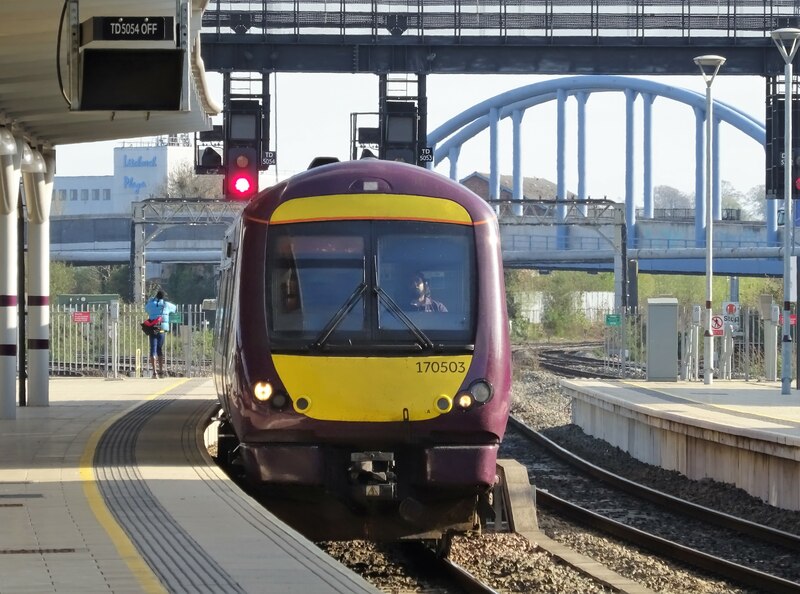East Midlands Rail and Northern Rail seek 4,000 volunteers for government-funded trail of system that uses mobile app and GPS locations to charge based on lowest on-the-day prices for journeys
East Midlands Trains has started a nine-month trial of ticketing based on global positioning system (GPS) technology, designed to charge passengers the lowest on-the-day price for their journeys, with government-owned Northern Rail set to follow later this month.
The rail company said that more than 500 people had registered their interest in its trial of digital pay as you go (DPAYG) charging on some routes between Derby, Nottingham and Leicester. It requires passengers to use East Midlands Trains’ app to report when they start and end each journey, with stations detected using GPS technology. The app then generates a barcode that users can show to ticket inspectors or use to go through barriers. Those taking part will be charged at most £23 a day or £72 a week for travel within the trial area on the permitted routes and will benefit from single-leg pricing where single journeys cost half the return fare. However, the company warned: “In some cases, participants may find cheaper fares if they book in advance or find that purchasing a flexi, weekly or monthly Season ticket is more cost efficient per journey.”
Department for Transport-operated Northern Rail will start a similar trial on routes between Harrogate and Leeds, Sheffield and Doncaster and Sheffield and Barnsley later this month. East Midlands Trains is currently privately operated by Transport UK Group but the government expects to transfer it to the department in December 2026.
The government is providing nearly £1 million to fund the DPAYG trails, which will include up to 4,000 people. “The railway ticketing system is far too complicated and long overdue an upgrade to bring it into the 21st century. Through these trials, we’re doing just that and making buying tickets more convenient, more accessible and more flexible,” said rail minister Lord Peter Hendy. The department said similar technology has been tested in Switzerland, Denmark and Scotland but this is its first use in England.




